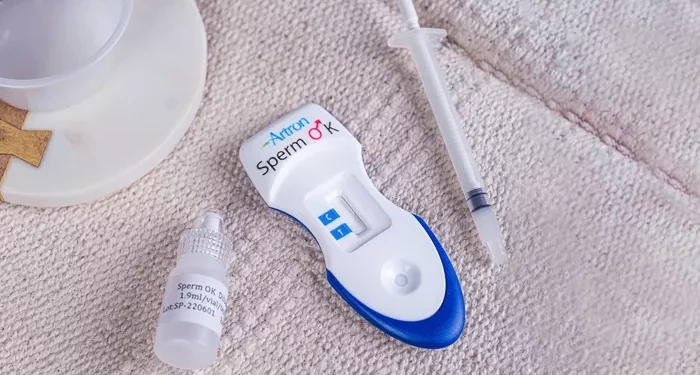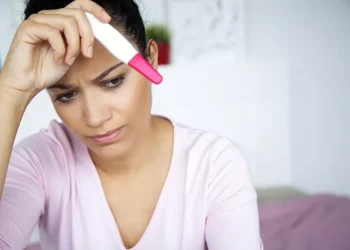Understanding fertility is crucial, yet many women find themselves navigating reproductive health with limited information. According to the Organon Women’s Fertility Study Report, a significant majority—80% of Australian women—desire more education and support regarding fertility.
With an increasing trend of women starting families later in life, proactive fertility management has become a priority. Today, there are more first-time mothers in their 30s compared to those in their 20s, highlighting the need for earlier and more informed fertility planning.
Maz Coote, founder of the reproductive health brand WHEN, experienced firsthand the challenges of fertility awareness. “I discovered I had low AMH [Anti-Müllerian Hormones] in my 30s and underwent several rounds of egg freezing,” she tells Women’s Health. “Many women with low AMH or depleted egg reserves don’t realize it until it’s too late. I was fortunate to learn about it in time.”
While these prospects may seem daunting, there are steps you can take to enhance your fertility knowledge and support preconception efforts. Here’s what you need to know:
Consult Health Professionals: Before taking any action, consult with accessible health professionals, such as a pharmacist or GP, to gain foundational knowledge about fertility.
Take Essential Supplements: According to Blooms The Chemist Pharmacist Andria Aird, folic acid is crucial for reducing neural tube defects in babies. Other supplements like prebiotics can also support overall fertility and pregnancy health.
Evaluate Partner’s Health: Fertility is a shared responsibility. Ensure both partners undergo general health checks early in the family planning process.
Time Conception Wisely: Aligning attempts to conceive with your fertility window can improve success rates.
Maintain a Healthy Lifestyle: Stress management, a balanced diet, and limiting substances like caffeine and alcohol can positively impact reproductive health. Smoking, in particular, should be avoided as it affects fertility in both men and women.
For those looking to assess their fertility from home, WHEN offers an at-home egg count test. “Understanding your egg count and quality is essential for making informed fertility plans,” says Coote. The test, which involves a simple fingerprick, provides clinical-grade results, allowing women to gain insights into their reproductive health.
Coote observed a significant gap in proactive fertility management. “Women are often advised to try conceiving for a year before investigating fertility issues. But what about those who aren’t ready to start a family yet? Waiting is not an ideal health strategy.”
WHEN’s at-home test offers a solution, helping women understand their egg count and quality without waiting until conception difficulties arise. It’s one of the few such tests available in Australia.
Optimal Fertility Age: Women are typically most fertile in their early 20s, with peak egg count and quality.
Fertility Decline: Fertility begins to decline around age 30, with a more pronounced decrease after age 35. By the 40s, both egg quantity and quality diminish significantly.
At-Home Tests: These tests generally measure hormones like Anti-Müllerian Hormone (AMH) to provide an indication of egg count.
How to Use At-Home Tests: Most at-home fertility tests require a blood or saliva sample, which is then analyzed in a lab. Results are usually available within a few days, offering a snapshot of your fertility status.
This article offers general advice on supplements and fertility testing. For personalized medical guidance, consult your GP or healthcare professional.
Note: Women’s Health may earn a commission from linked products, but only features those we endorse.
Related topics:



























